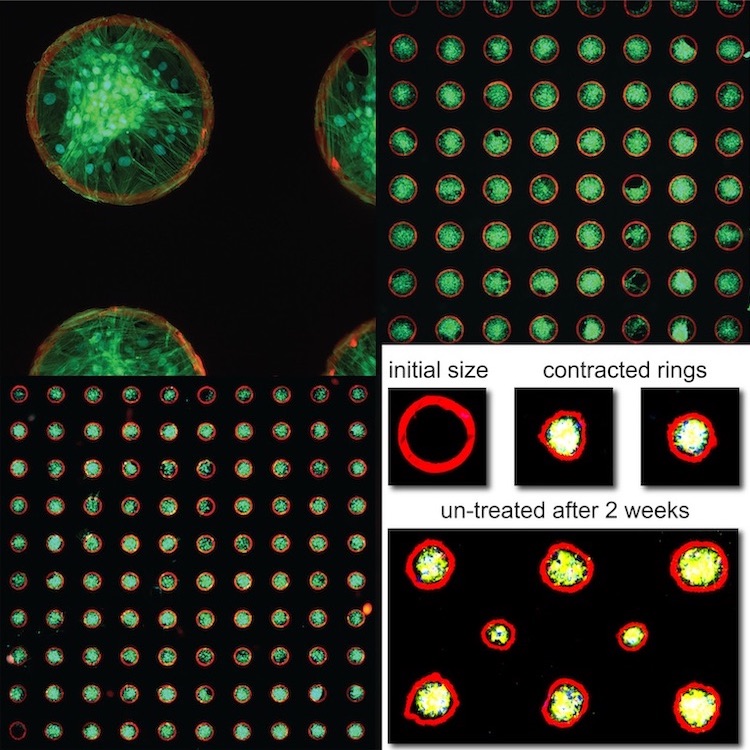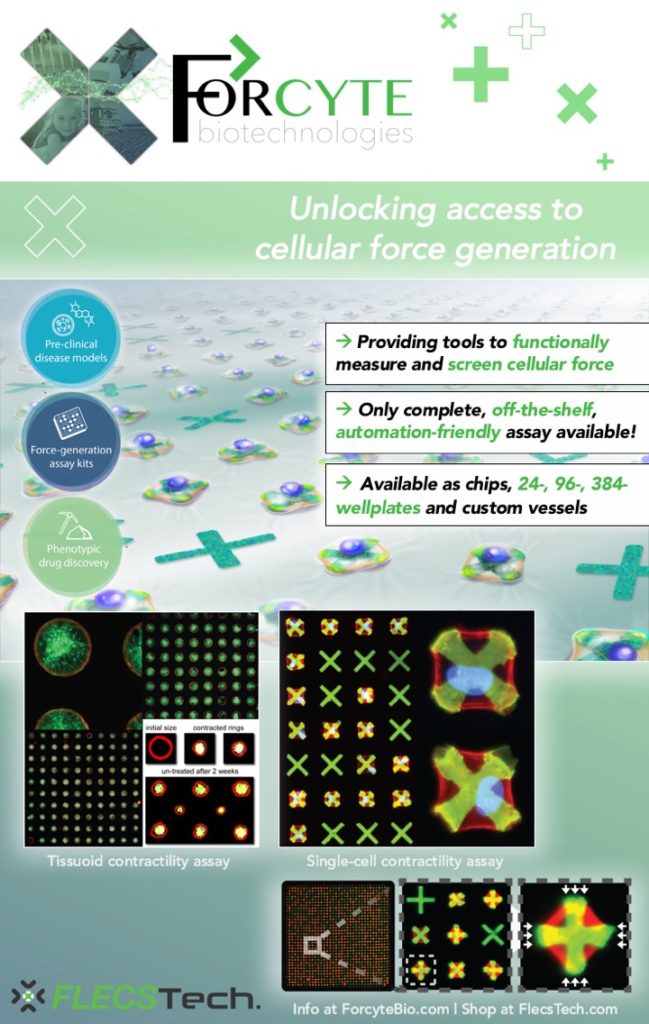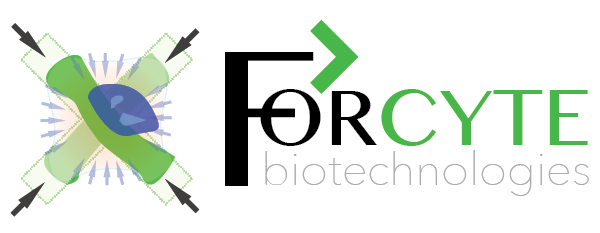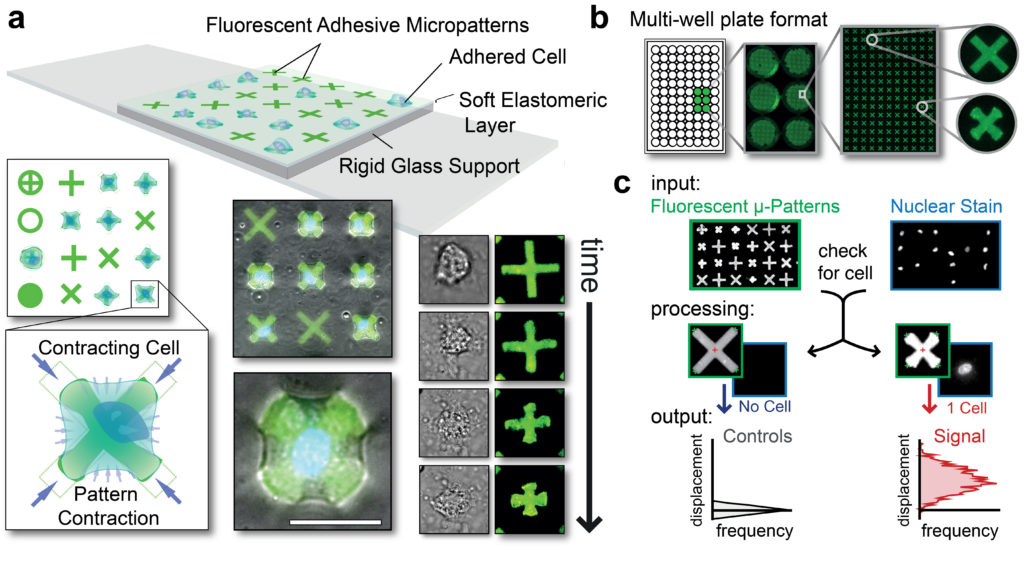The body is (also) a mechanical system
Enter Forcyte Bio: Cell function is the epicenter of disease and its treatment, and the ultimate goal of all therapeutics is to affect cell function. At Forcyte, our approach is to confront cell function at the outset of drug discovery, at the earliest stages to dramatically improve the odds of successful translation. Our philosophy is to […]
The body is (also) a mechanical system Read More »









